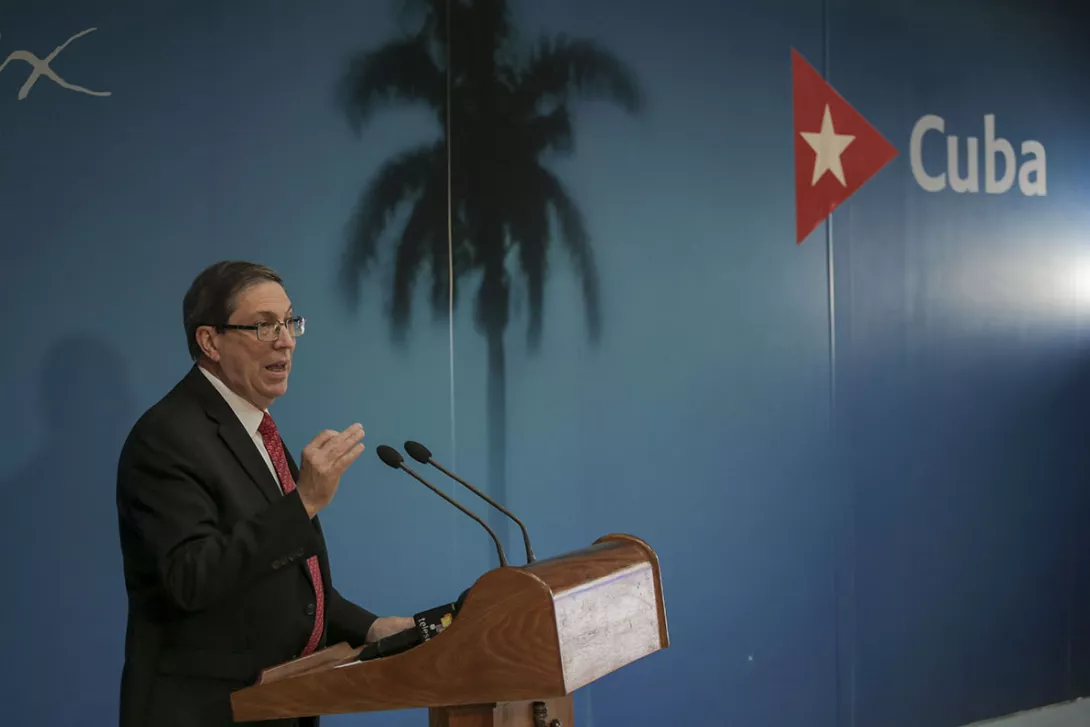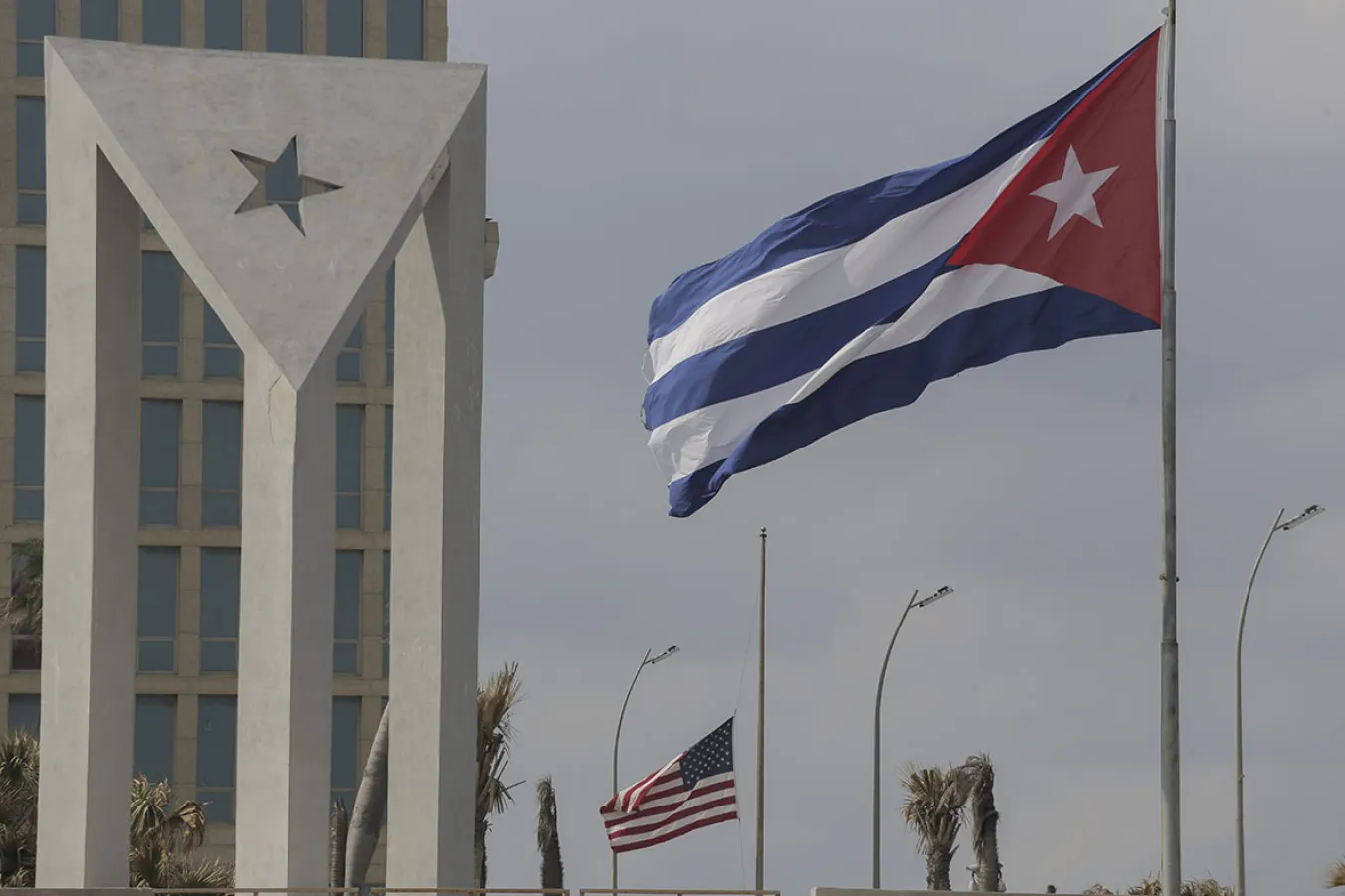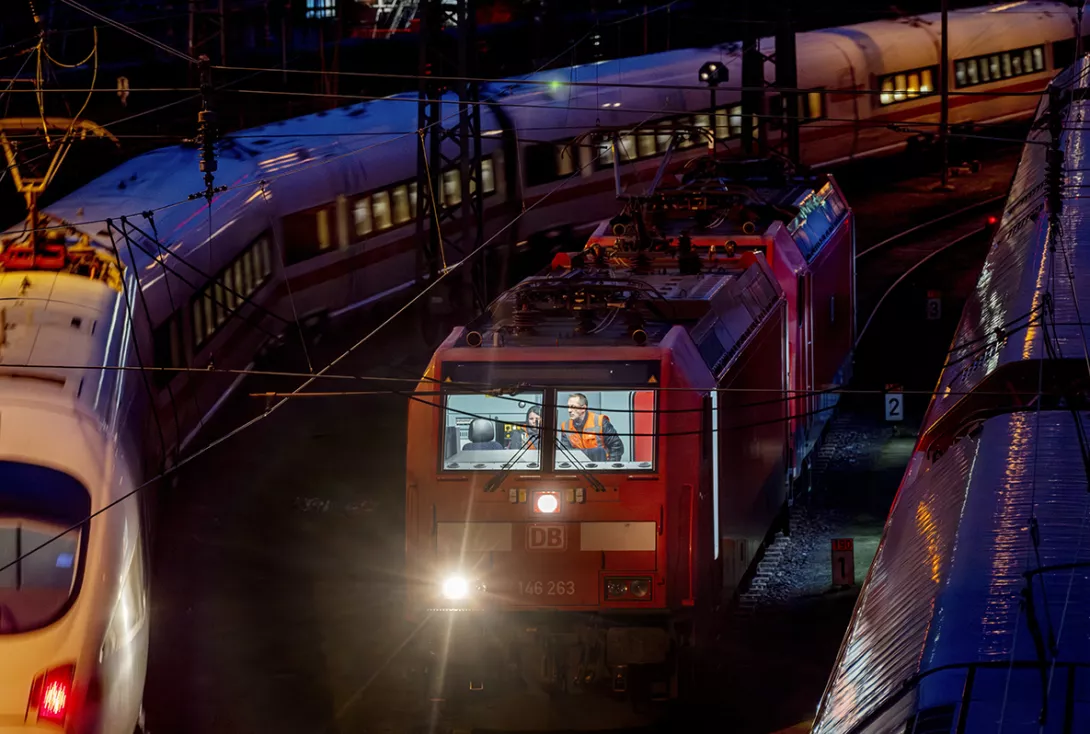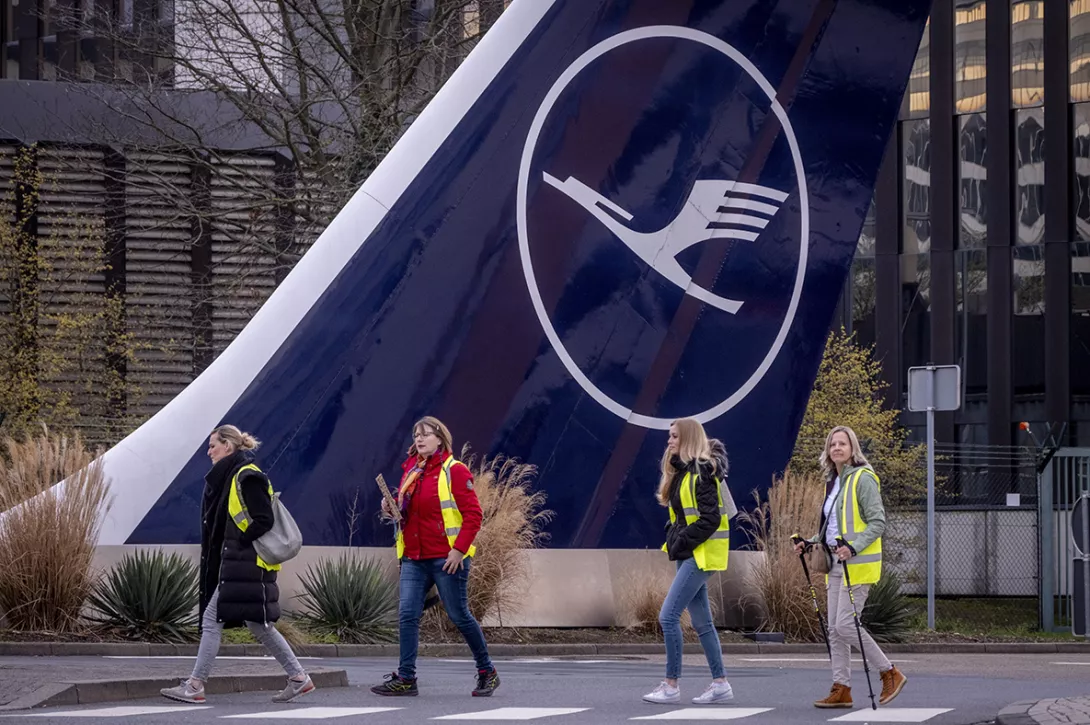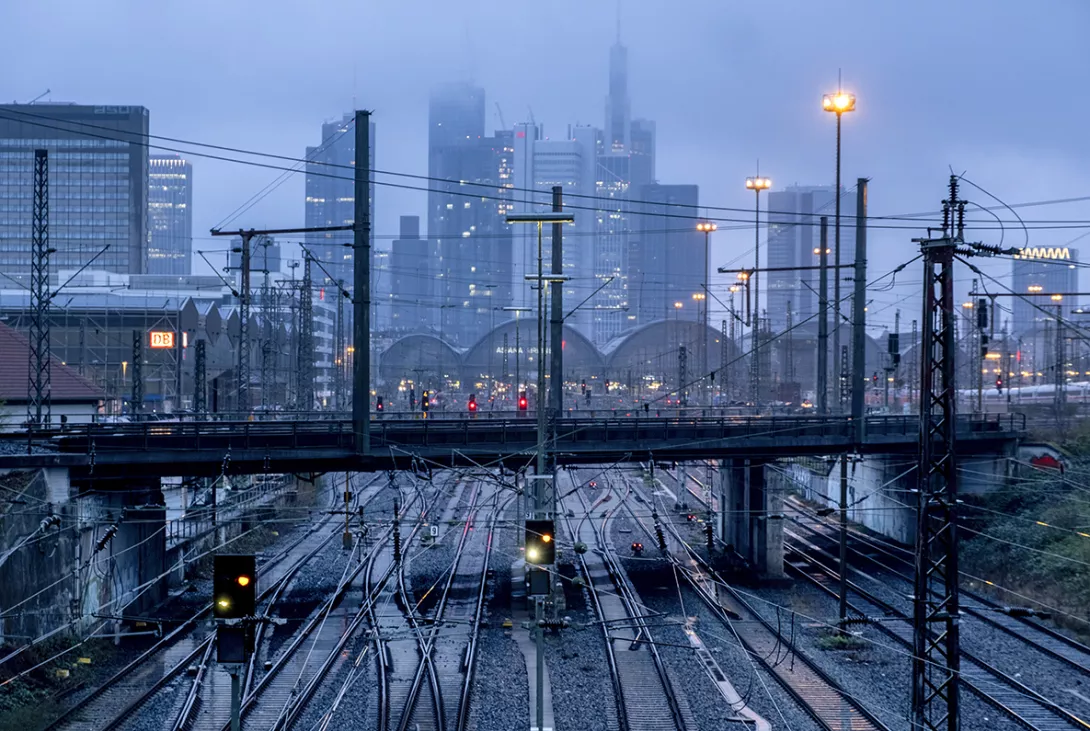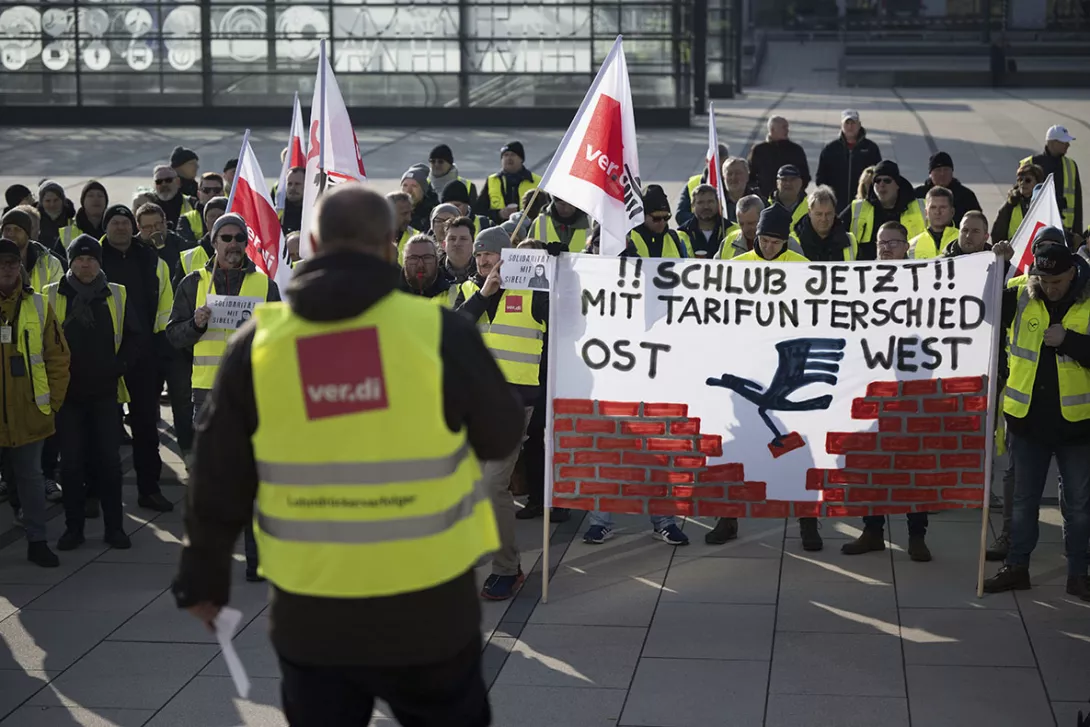German train drivers walk out for a six-day strike
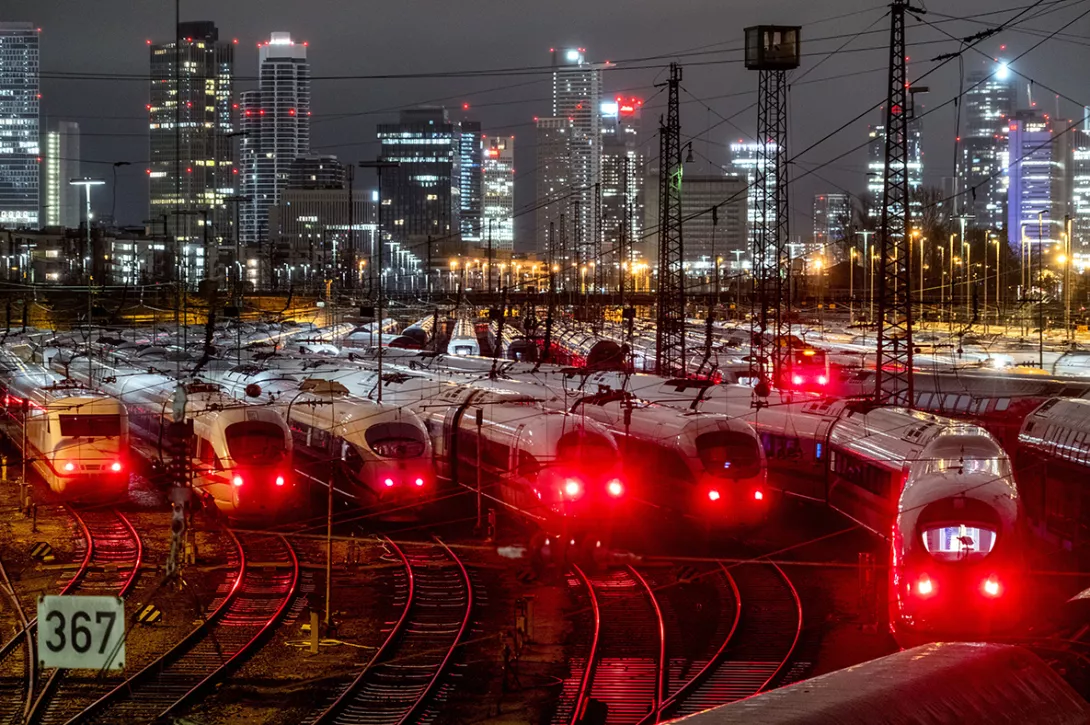
GERMANY’S train drivers brought rail traffic to a standstill again today morning as they began a six-day strike in a bitter dispute with the country’s main railway operator over working hours and pay.
The strike by the GDL union will affect passenger services and freight trains operated by state-owned Deutsche Bahn until 6pm local time on Monday.
The union held a three-day strike earlier this month and two walkouts last year which lasted up to 24 hours.
More from this author

While Israel stalls on ceasefire agreement, its military kills another 78 people in Gaza










